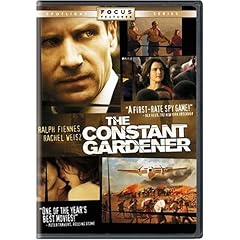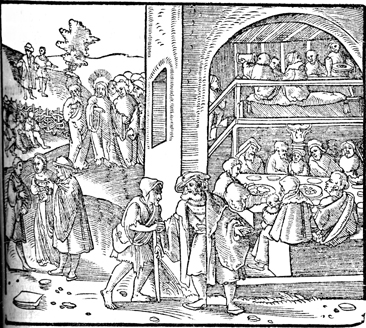 Meet the No Impact Man and his family.
Meet the No Impact Man and his family."For one year, my wife, my 2-year-old daughter, my dog and I, while living in the middle of New York City, are attempting to live without making any net impact on the environment. In other words, no trash, no carbon emissions, no toxins in the water, no elevators, no subway, no products in packaging, no plastics, no air conditioning, no TV, no toilets…"
Colin Beavan has begun the no impact experiment where he faces the daily activites of making bread, eating all locally grown food, hand washing his clothes, and other taks to remain at zero impact. You can follow his story on his blog http://noimpactman.typepad.com/. Here are a few posts that I recommend:
May 31st--A way forward for capitalism?
Colin quotes from Barber's book Consumed: How Markets Corrupt Children, Infantilize Adults, and Swallow Citizens Whole."The problem is, Barber said, that capitalism in the United States no longer services existing need, because most of our needs are met.... How wonderful, Barber suggested, if capitalism turned back to its job of filling real, existing needs."
May 29th--Something sad
Colin discusses the impact of the Iraq war on a man and his wife. "How many of our boys and girls have been permanently scarred by this war for resources? Is it worth their sacrifice? Could there be more peace if we were willing to have a little less?"
May 17th--An interview with Green Options
Colin is interviewd by Amy Stodghill about his experiment and gives a quick look at where he is at and the conditions he faces. " I support people who are trying to make a difference. Maybe they can't be no impact, but I support people that are making an effort. "
Does anyone have comments on capitalism or his view of the current war and our possible infulence?
(thanks Jodi for informing me of this experiment.)
Sarah










